What is blackfishing?
Pop star Jesy Nelson embroiled in appropriation row following release of first solo music video since quitting Little Mix last year
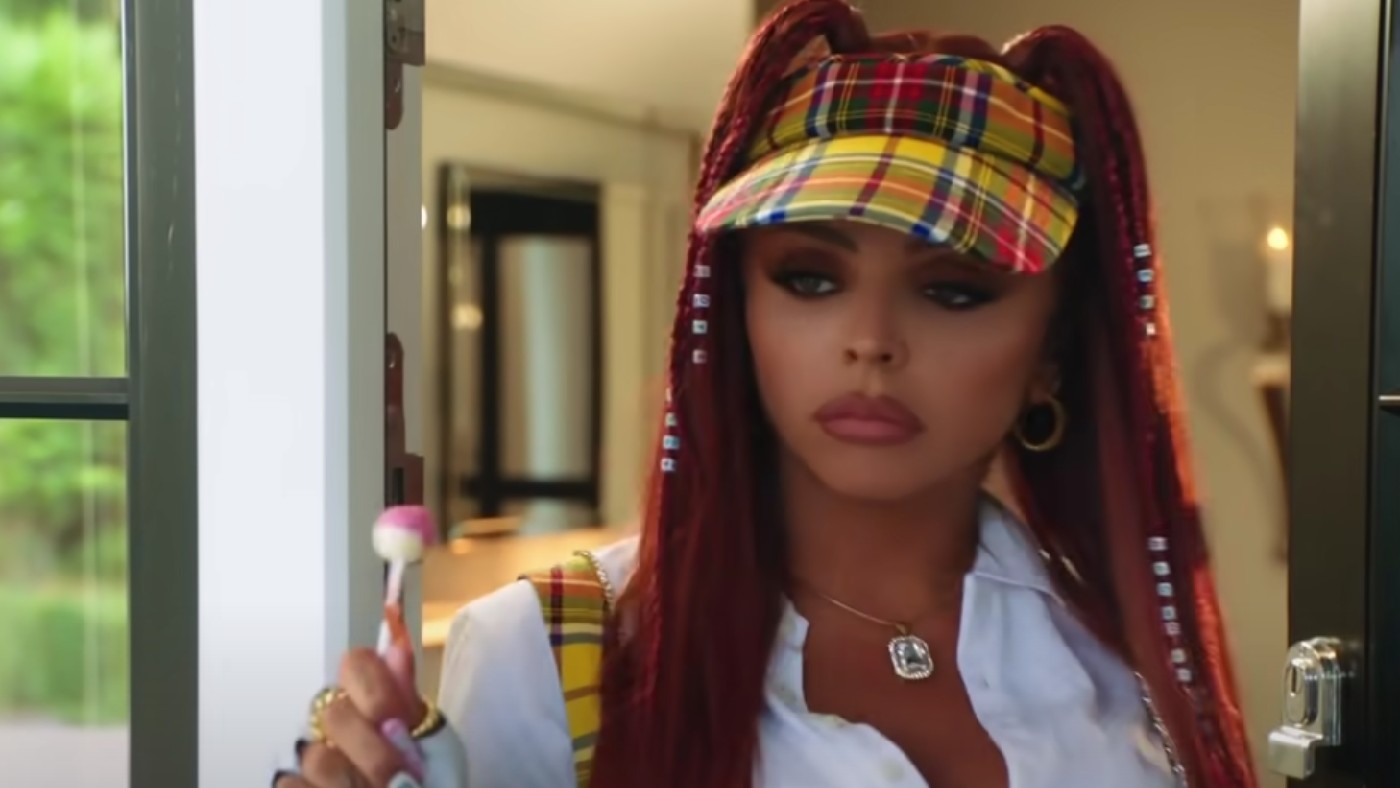
A free daily email with the biggest news stories of the day – and the best features from TheWeek.com
You are now subscribed
Your newsletter sign-up was successful
Former Little Mix singer Jesy Nelson has been accused of “blackfishing” in her latest music video, Boyz, which samples P Diddy’s song Bad Boy for Life and features the rapper Nicki Minaj.
In the video, Nelson, who is from Romford in east London and identifies as white British, is seen wearing grills on her teeth, has her hair in braids and “her skin is darkened in a way that makes her appear nonwhite”, reported The Guardian.
The pop star received widespread criticism following the video’s release on 8 October – her first single since quitting Little Mix in December 2020. Nelson is “not in the video as a pale-skinned, brown-haired white lady – she’s in the video as a tan-skinned, Afro-haired white lady”, brand specialist Kubi Springer told The Independent.
The Week
Escape your echo chamber. Get the facts behind the news, plus analysis from multiple perspectives.

Sign up for The Week's Free Newsletters
From our morning news briefing to a weekly Good News Newsletter, get the best of The Week delivered directly to your inbox.
From our morning news briefing to a weekly Good News Newsletter, get the best of The Week delivered directly to your inbox.
In a conversation on Instagram Live with Minaj, Nelson said she hadn’t intended to cause offence and that she just wanted to “celebrate” hip-hop and R&B music from the 1990s and 2000s “because it is what I love”. She added that she had been to Antigua before the shoot, which explained why her skin looked darker.
This is not the first time that Nelson has been embroiled in a blackfishing row, nor is she the only celebrity to have been accused of it; Kim Kardashian, Iggy Azalea, Selena Gomez and Ariana Grande are just a handful of the major stars who have been criticised for trying to look black by darkening their skin and adopting black hairstyles.
The term blackfishing first hit public consciousness in 2018, thanks to a viral Twitter thread by Toronto-based freelance writer Wanna Thompson. “The thread exposed something that I've known all along – white women want access to Blackness but don't want the suffering that comes along with it,” she wrote for Paper magazine that same year.
Thompson added that Instagram had become “a breeding ground” for white women wanting to capitalise off “impersonating racially ambiguous/Black women for monetary and social gain”.
A free daily email with the biggest news stories of the day – and the best features from TheWeek.com
What is blackfishing?
Thompson defines blackfishing as “when White public figures, influencers and the like do everything in their power to appear Black”. Speaking to CNN, she added that this could entail tanning their skin excessively “in an attempt to achieve ambiguity” or wearing “hairstyles and clothing trends that have been pioneered by Black women”.
Blackfishing creates a “dangerous paradox”, Thompson added, as it enables white people to participate in black culture without taking on “the full experience of Blackness and the systemic discrimination that comes with it”. Writing for The Guardian, author and activist Mikki Kendall described blackfishing as feeling “like blackface, albeit a version updated for the digital age”.
The term derives from the concept of “catfishing”, where a stranger creates a fictional online persona to lure someone into a relationship.
Blackfishing is different to cultural appropriation, which is defined by Oxford Dictionaries as “the unacknowledged or inappropriate adoption of the customs, practices, ideas, etc. of one people or society by members of another and typically more dominant people or society”.
On the other hand, blackfishing is “less about customs and traditions and is focused more on the appropriating of aesthetics”, explained the i news site.
What do those accused of blackfishing say?
Some, like Nelson, argue that their skin is naturally dark. When the typically blonde pop star Iggy Azalea was accused of looking darker than usual in the music video for her song I Am the Strip Club, she dismissed the claims on Twitter, writing: “I’m the same colour as I always am, just in a dimly lit room with red lights.”
And when Poland-born Instagram influencer Aga Brzostowska was accused of faking her race, she told BBC’s Radio 1 Newsbeat that her skin is naturally “not pale”.
“With things like tanning, I don’t think I’ve done anything in a malicious way. So I don’t feel like I need to stop doing something because... why would I stop doing something that’s benefitting me or that I enjoy doing?” she said.
Brzostowska added that she was not suggesting “white privilege is not a thing”, but wanted to tell her critics that “the assumptions you’re making are wrong”.
But the backlash against alleged blackfishing has led some influencers to rethink their public image. Jaiden Gumbayan, a Florida-based influencer who was criticised over her online snaps, told the broadcaster that she had realised there are “other ways of showing appreciation”.
“We can appreciate their culture without having to do or wear their hairstyles, or trying to act or be a certain way that we’re not,” Gumbayan said.
-
 How the FCC’s ‘equal time’ rule works
How the FCC’s ‘equal time’ rule worksIn the Spotlight The law is at the heart of the Colbert-CBS conflict
-
 What is the endgame in the DHS shutdown?
What is the endgame in the DHS shutdown?Today’s Big Question Democrats want to rein in ICE’s immigration crackdown
-
 ‘Poor time management isn’t just an inconvenience’
‘Poor time management isn’t just an inconvenience’Instant Opinion Opinion, comment and editorials of the day
-
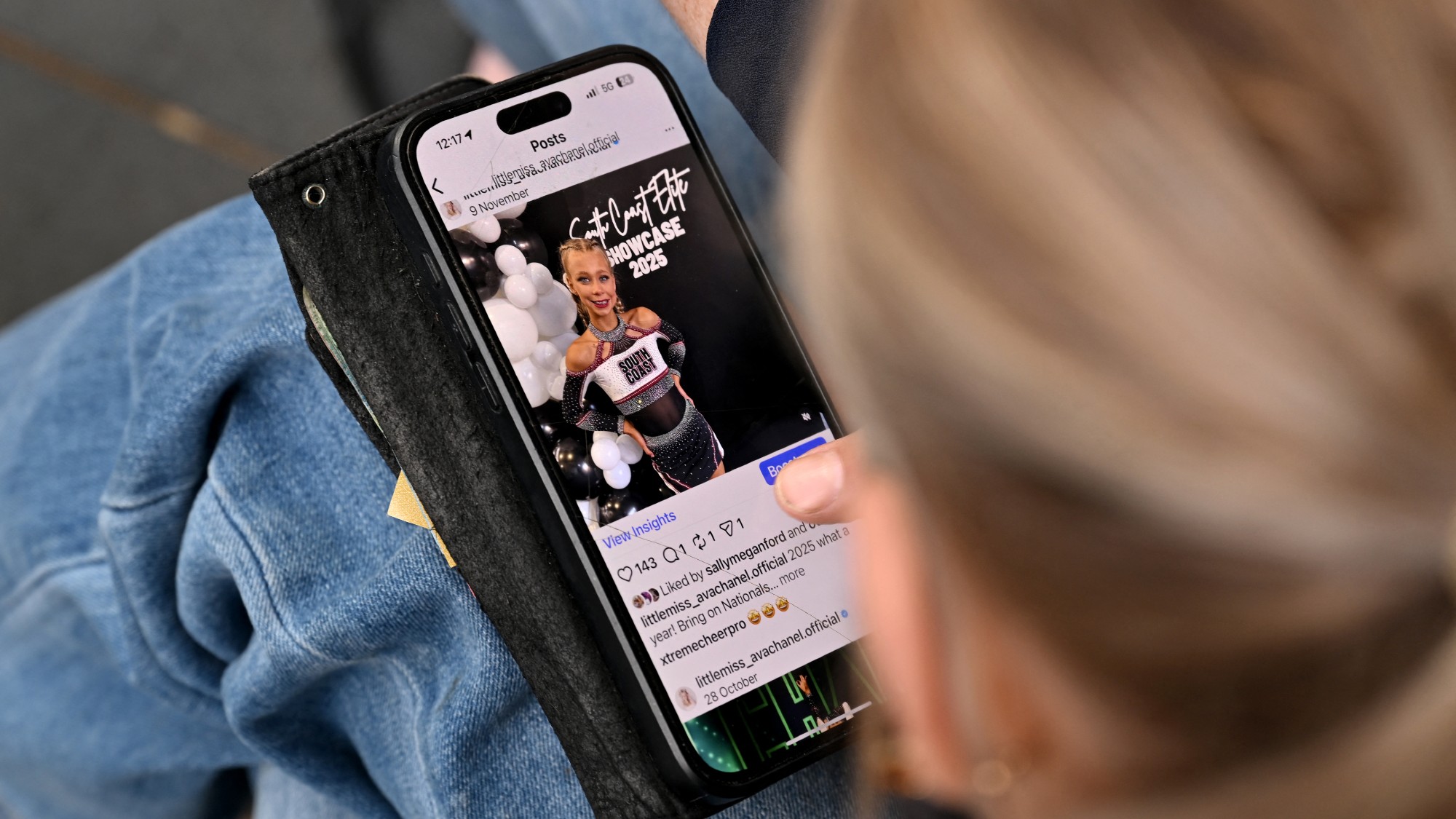 Australia’s teens brace for social media ban
Australia’s teens brace for social media banIn The Spotlight Under-16s will be banned from having accounts on major platforms
-
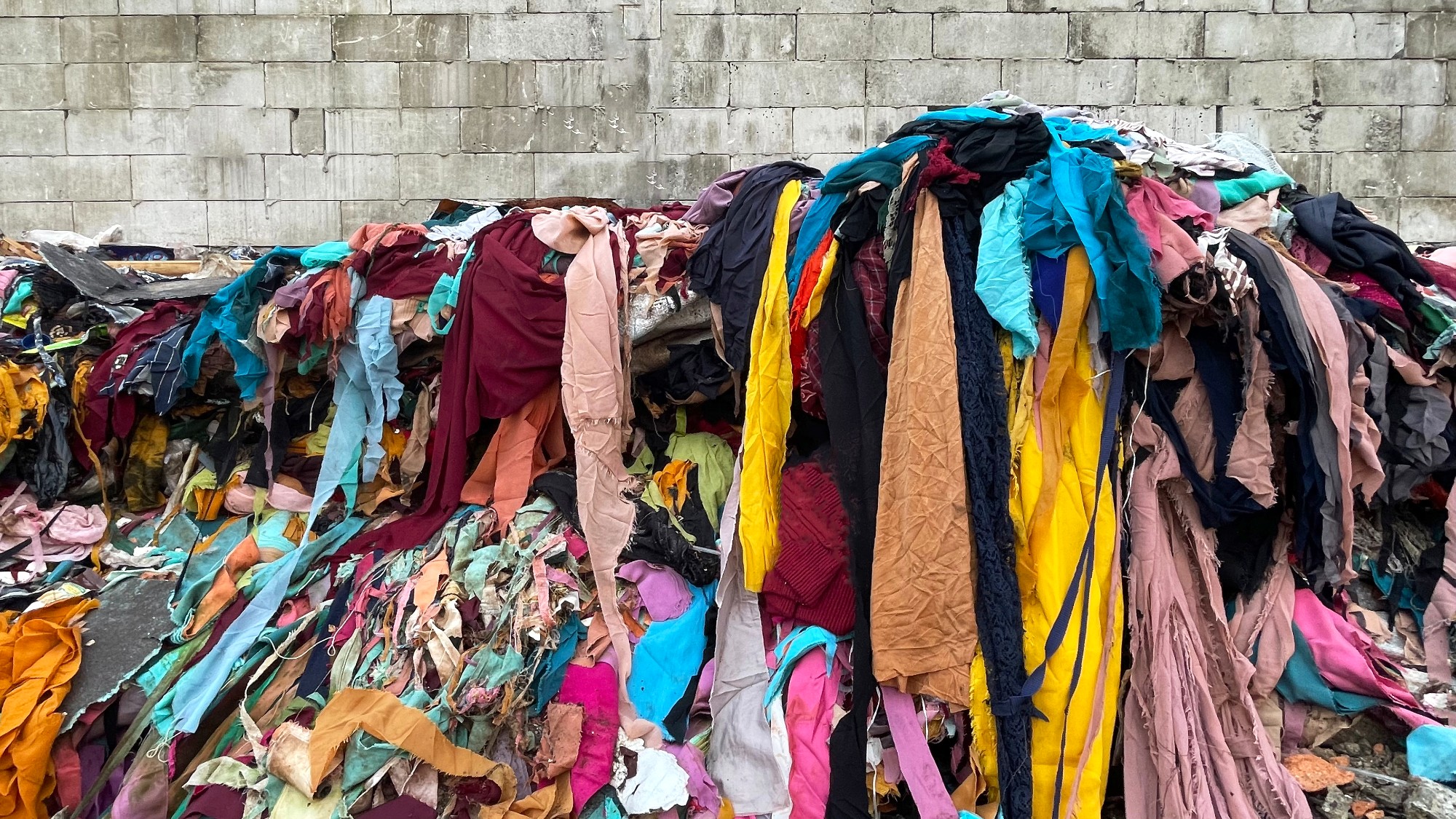 Cultural copying: Western fast fashion is co-opting South Asian culture
Cultural copying: Western fast fashion is co-opting South Asian cultureUnder the radar Reformation's new collection resembles traditional South Asian garments
-
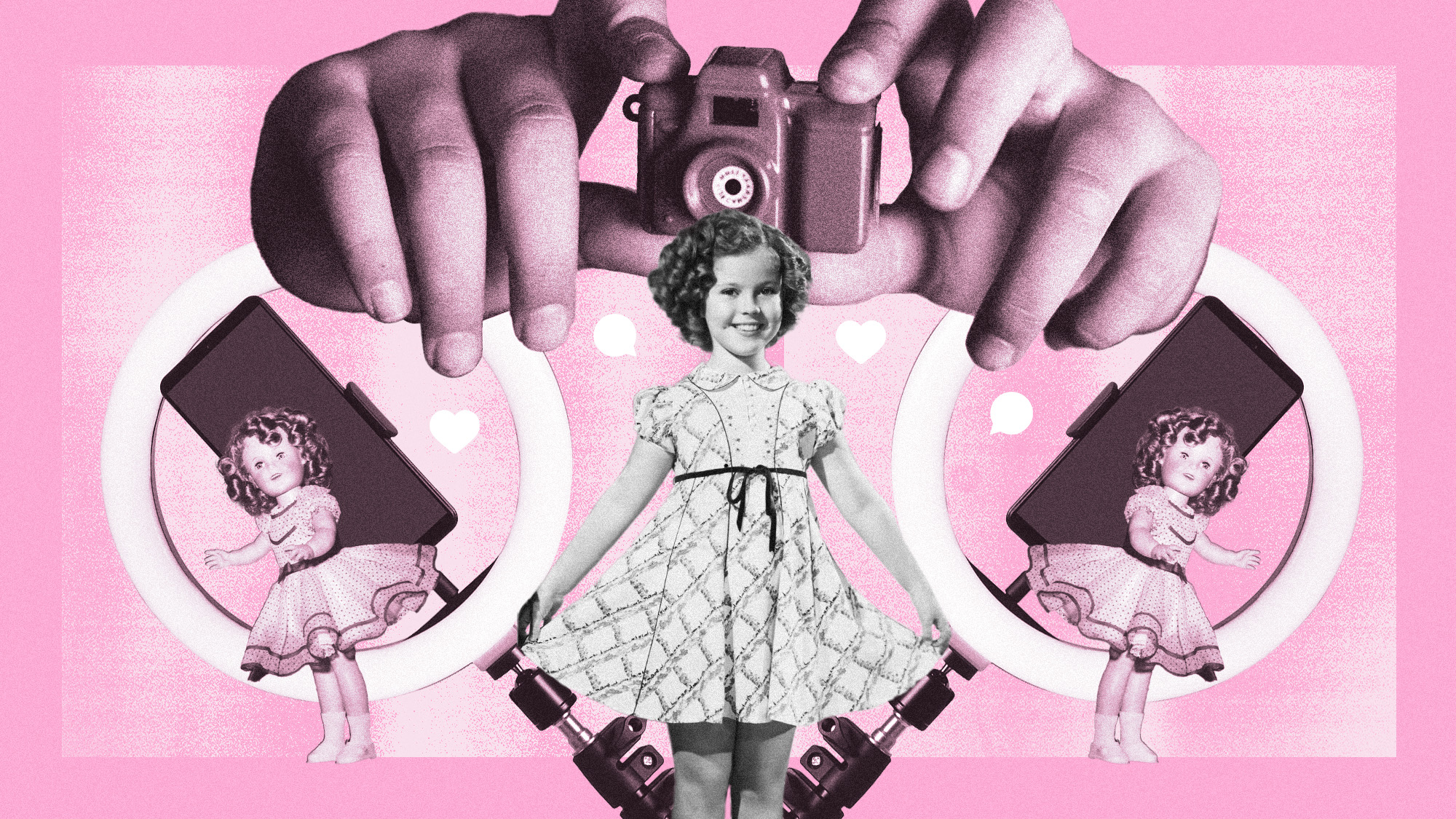 The not-so-hidden dark side of child influencers
The not-so-hidden dark side of child influencersunder the radar Is putting children in the spotlight worth the risk?
-
 From 'thunks' to mixed reality, the future of books is interactive
From 'thunks' to mixed reality, the future of books is interactiveThe Explainer What is in store for literature in an increasingly digital world?
-
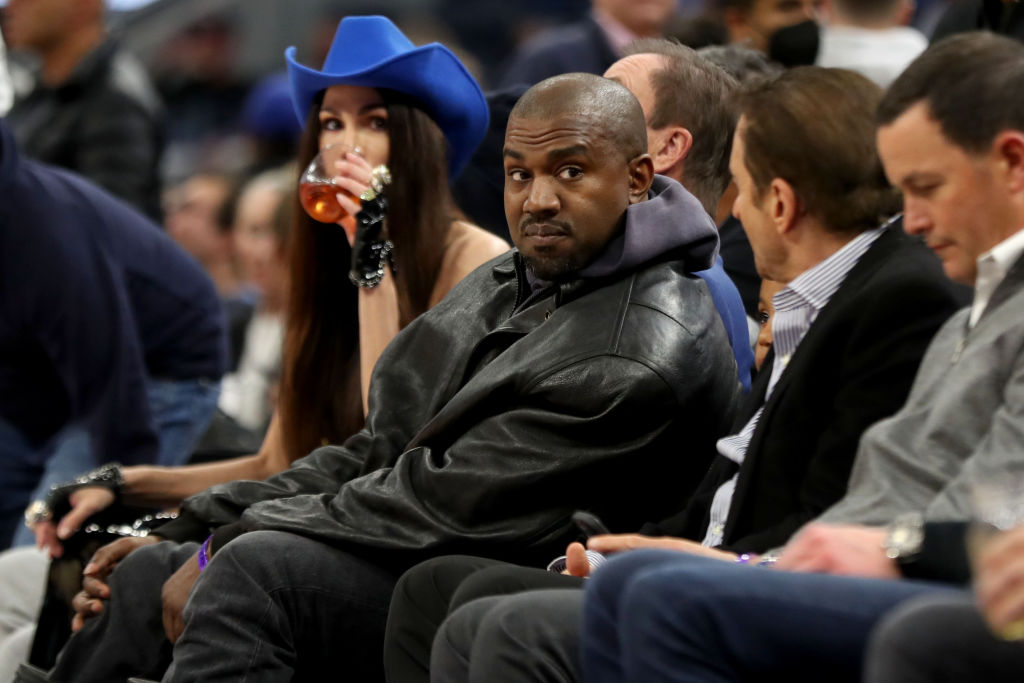 Grammys drop Kanye from performance lineup due to 'concerning online behavior'
Grammys drop Kanye from performance lineup due to 'concerning online behavior'Speed Read
-
 Why everyone’s talking about American Dirt
Why everyone’s talking about American DirtIn Depth Jeanine Cummins novel criticised as ‘cultural appropriation’ and ‘opportunistic’
-
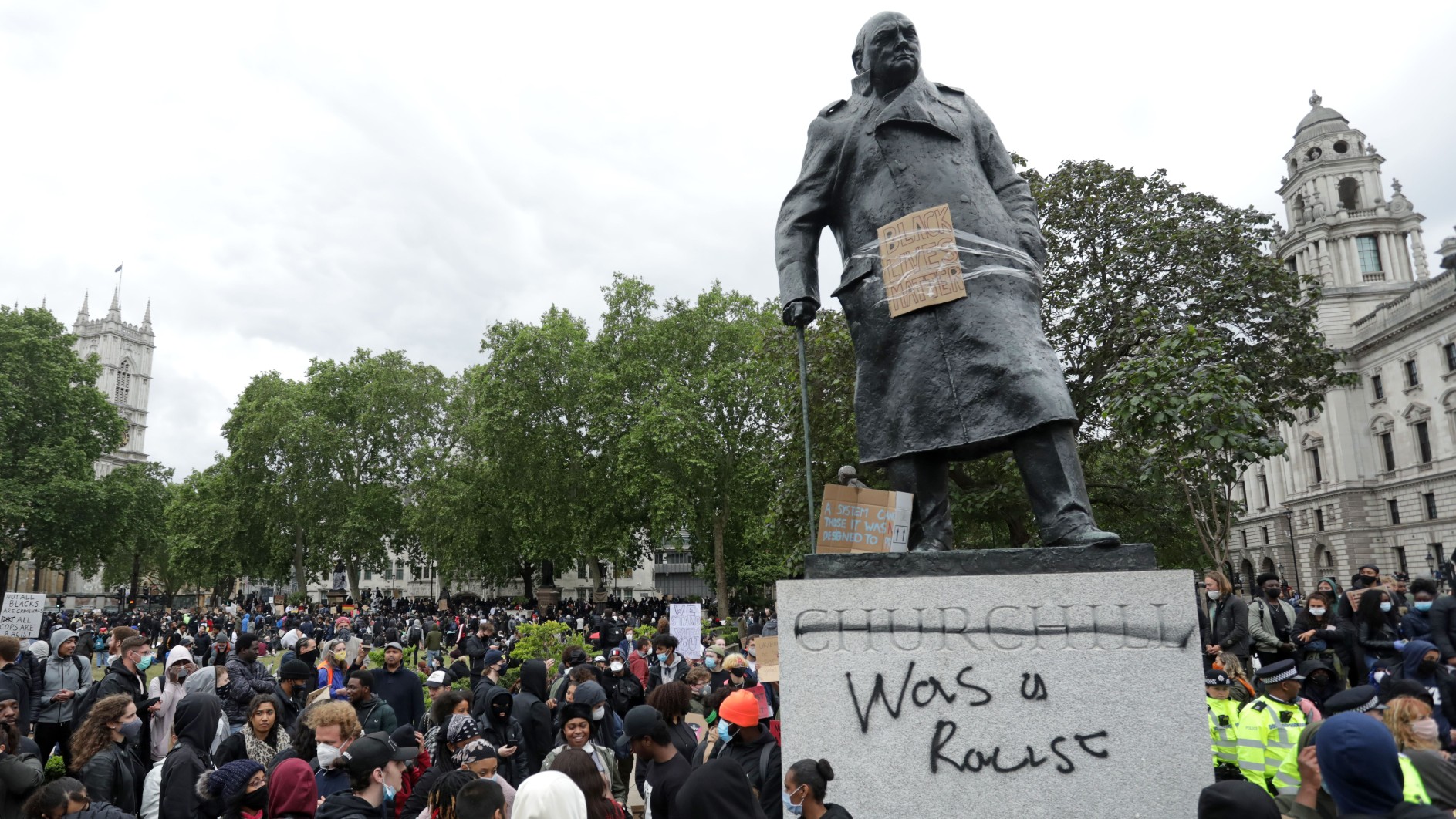 The meaning of woke
The meaning of wokeIn Depth School chief urges headteachers to challenge anyone who criticises young people for ‘wokeness’
-
 Five top travel trends of 2019
Five top travel trends of 2019In Depth From Instagram holidays to digital detoxes, here are next year’s hot new crazes